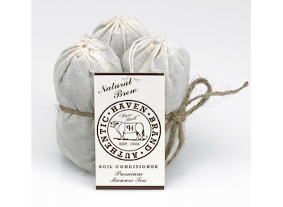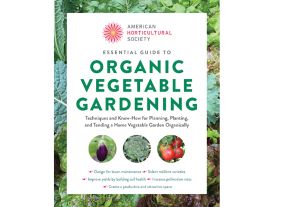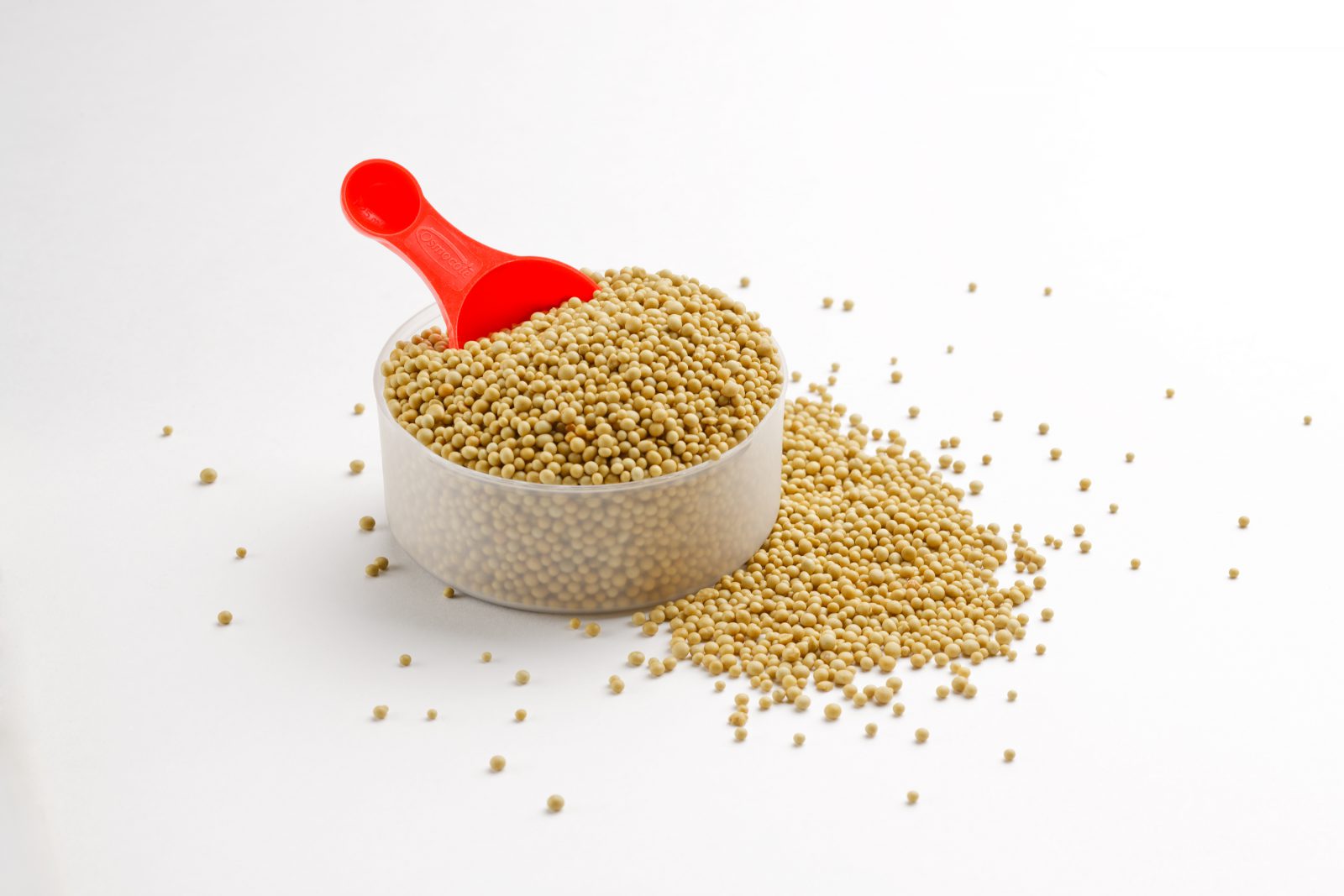Watering Plants with Manure
Views: 4432

I’m writing a lot about fertilizers, nutrients, and soil conditioners this year. And I think I know why.
I am renowned for not feeding my vegetable garden as I should—or feeding it once and forgetting about it. Either way, my garden ends up looking a bit skinny and forgotten about because, quite frankly, I am starving it. And I feel horrible about it. I am hoping that while researching and writing about all these plant foods and soil conditioners, something about it will sink into my brain and into my garden maintenance program.
One or two years ago I tried to brew my own “compost tea.” This takes all the good stuff—the beneficial microbes, micronutrients and so on—found in compost. It then eeks it out into a liquid form that can then be watered onto plants and soil. These beneficial microbes and nutrients work their way into the plant and the soil. There, they boost the plant’s immune system, help fight pests and diseases, and assist with nutrient uptake.
Manure Compost Tea, AKA Moo Poo
This year I’m going to try a slightly different version of this brewing concept with a product called Authentic Haven Brand Natural Brew Tea.
Specifically I’ll be trying the “brew” made from cow manure, familiarly known as Moo Poo Tea. The “poo” is harvested from the Haven Family Ranch in California, where they raise grass-fed livestock as naturally as possible. That means both the livestock and their waste are free of antibiotics, growth hormones, herbicides, pesticides, and genetically modified or enhanced stuff. That’s all natural, alright.
This Moo Poo Tea is simple to create, and eerily similar to actually brewing tea. Just place one “tea bag” into either a 1- or 5-gallon container, fill with water, cover the bucket, and allow it to steep for one to three days. Then just water your plants with it as you would normally. It’s recommended you should use this every time you water your plants, but if that’s not possible for some reason, using Moo Poo Tea at least four times during the growing season should be sufficient to show some increased growth and nutrition.
The company has a horse manure-based product, as well, and can be used similarly as the cow manure.
The manure-based product can be used for lawns, veggies, container plants, and shrubs. And go ahead, use it on houseplants—there’s no odor so no need to worry your house will smell like a barn stall.
Meet Ellen Wells
When you’re raised on a farm, you can’t help but know a thing or two about gardening. Ellen Wells is our expert on edible gardening.…
Ellen's Recent Posts

New Organic Vegetable Gardening Book






